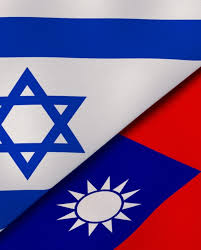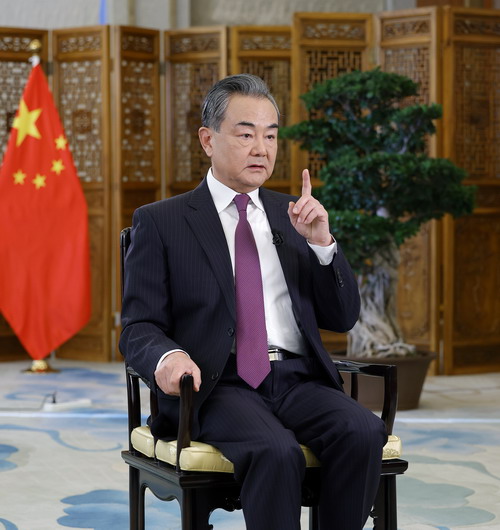Francis Tuschek
Taiwan’s generally pro-Israel policies have come under scrutiny, particularly following a recent op-ed in the Taipei Times that has left many observers in Taiwan incredulous. The article, penned by Israeli representative Yaron, drew controversial parallels between Taiwan and Israel, prompting sharp criticism from local activists.
Aurora Chang, a human rights advocate and coordinator of the Palestine solidarity movement in Taiwan, labeled Yaron’s piece as a prime example of “hasbara,” a Hebrew term often associated with Israel’s public diplomacy efforts that some interpret as propaganda. Chang condemned the article’s assertions regarding Israel’s commitment to peace, arguing that the reality on the ground starkly contradicts such claims. “Israel’s ‘efforts to advance the peace process’ have involved attacks on Lebanon, Syria, Yemen, and Iran,” she stated. “In Gaza, over 40,000 Palestinians have been killed, many of whom were civilians.”
Chang further highlighted the irony of comparing Taiwan’s struggle against Chinese threats to Israel’s treatment of Palestinians, emphasizing that while Yaron speaks of freedom, it is Israel that is denying the rights of the Palestinian people.
There remains a significant gap in public understanding in Taiwan regarding the complexities of the Israeli-Palestinian conflict. Hazem Almassry, a Palestinian research fellow at National Yang Ming Chiao Tung University, noted that while Taiwan identifies strongly with Israel as a democracy facing threats, he sees potential for changing perspectives as awareness of humanitarian issues in Gaza grows. Almassry has publicly criticized what he describes as Israeli propaganda in Western media, prompting backlash and calls for his dismissal from the university.
Activists dedicated to Palestine solidarity lament the lack of local media coverage on their events. Lala Lau, an organizer with the Taiwan Alliance for a Free Palestine, expressed frustration at the media’s absence during protests, stating, “It’s like we’re invisible.” Despite numerous invitations to events, local news outlets have largely overlooked their activities.
Felix Chechien Brender-Wong, a Taiwanese interpreter and security consultant of Israeli heritage, observed that Taiwan’s immediate alignment with Israel following the October 7 Hamas attacks reflects an intuitive understanding of existential threats. He suggested that more radical pro-Palestine activists may not represent the majority view in Taiwan, as their narratives often draw parallels that do not resonate within the Taiwanese context.
Conversely, some academics argue that Taiwan and Palestine share a deeper connection. Kerim Friedman, an anthropology professor at National Dong Hwa University, pointed out that both groups face colonial pressures that undermine their self-determination. “Taiwan has long been a victim of Chinese efforts at politicide,” he noted, suggesting that recognizing this shared struggle could foster greater empathy for Palestinians among Taiwanese.
Almassry echoed this sentiment, asserting that acknowledging common struggles could encourage Taiwanese to view the Palestinian cause not merely through geopolitical lenses but as part of a broader fight for freedom and dignity. As Taiwan grapples with its own identity and external pressures, the dialogue surrounding its relationship with Israel and Palestine continues to evolve, revealing both divisions and potential pathways for solidarity.



